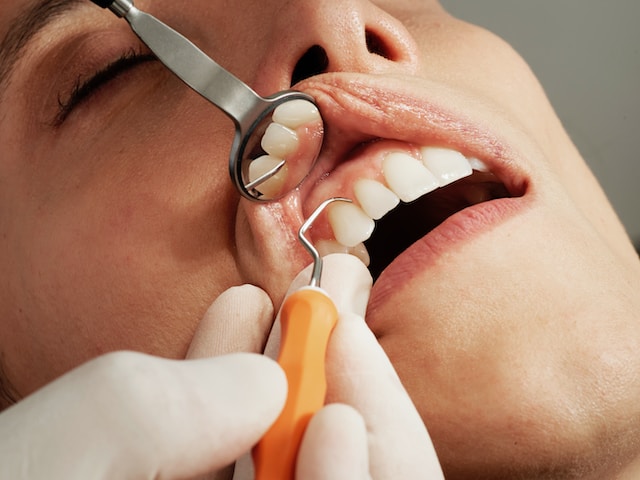Timing plays a crucial role in maintaining optimal oral health. Knowing when to brush and floss can enhance the effectiveness of your oral hygiene routine. Here’s a breakdown of the importance of timing for brushing and flossing:
- Brushing:
- Morning brushing: It’s important to brush your teeth in the morning to remove plaque and bacteria that have accumulated overnight. This helps freshen your breath and prepares your teeth for the day ahead.
- Before bedtime brushing: Brushing before bed is essential as it removes food particles, plaque, and bacteria that have built up throughout the day. It helps prevent cavities, gum disease, and bad breath while you sleep.
- After meals brushing: If possible, consider brushing your teeth after meals, especially if you consume sugary or acidic foods and beverages. Brushing immediately after eating helps minimize the time that harmful substances remain on your teeth, reducing the risk of tooth decay and enamel erosion. However, it’s important to wait at least 30 minutes after consuming acidic foods or drinks, as brushing immediately can potentially damage the softened enamel.
- Flossing:
- Daily flossing: Flossing should ideally be done at least once a day. The timing can vary depending on personal preference, but many people find it beneficial to floss before brushing at night. Flossing before brushing allows the toothbrush and fluoride toothpaste to reach more areas between the teeth and along the gumline, as the floss removes debris and plaque.
- Flossing after meals: If you have a tendency to get food particles stuck between your teeth after meals, consider flossing after eating. It helps dislodge the trapped food, preventing bacterial growth and reducing the risk of gum inflammation and decay.
- Additional considerations:
- Waiting after acidic foods/drinks: If you consume acidic foods or beverages, such as citrus fruits or soda, it’s important to wait at least 30 minutes before brushing your teeth. Acidic substances can temporarily soften the tooth enamel, and brushing immediately afterward can lead to enamel erosion. Waiting allows the saliva to naturally neutralize the acids and remineralize the enamel.
- Rinsing after meals: After meals, rinsing your mouth with water can help remove food particles and reduce the acidity in your mouth. Swish the water around thoroughly and spit it out.
- Avoid brushing too aggressively: While timing is important, it’s equally crucial to brush and floss correctly. Use gentle, circular motions with a soft-bristled toothbrush to avoid damaging your teeth and gums. Similarly, be gentle when flossing to avoid injuring your gums.
Remember, consistency is key for maintaining good oral health. Establish a routine that includes brushing at least twice a day, flossing daily, and scheduling regular dental check-ups. By understanding the importance of timing and following proper techniques, you can optimize your oral hygiene routine and contribute to a healthy smile.











